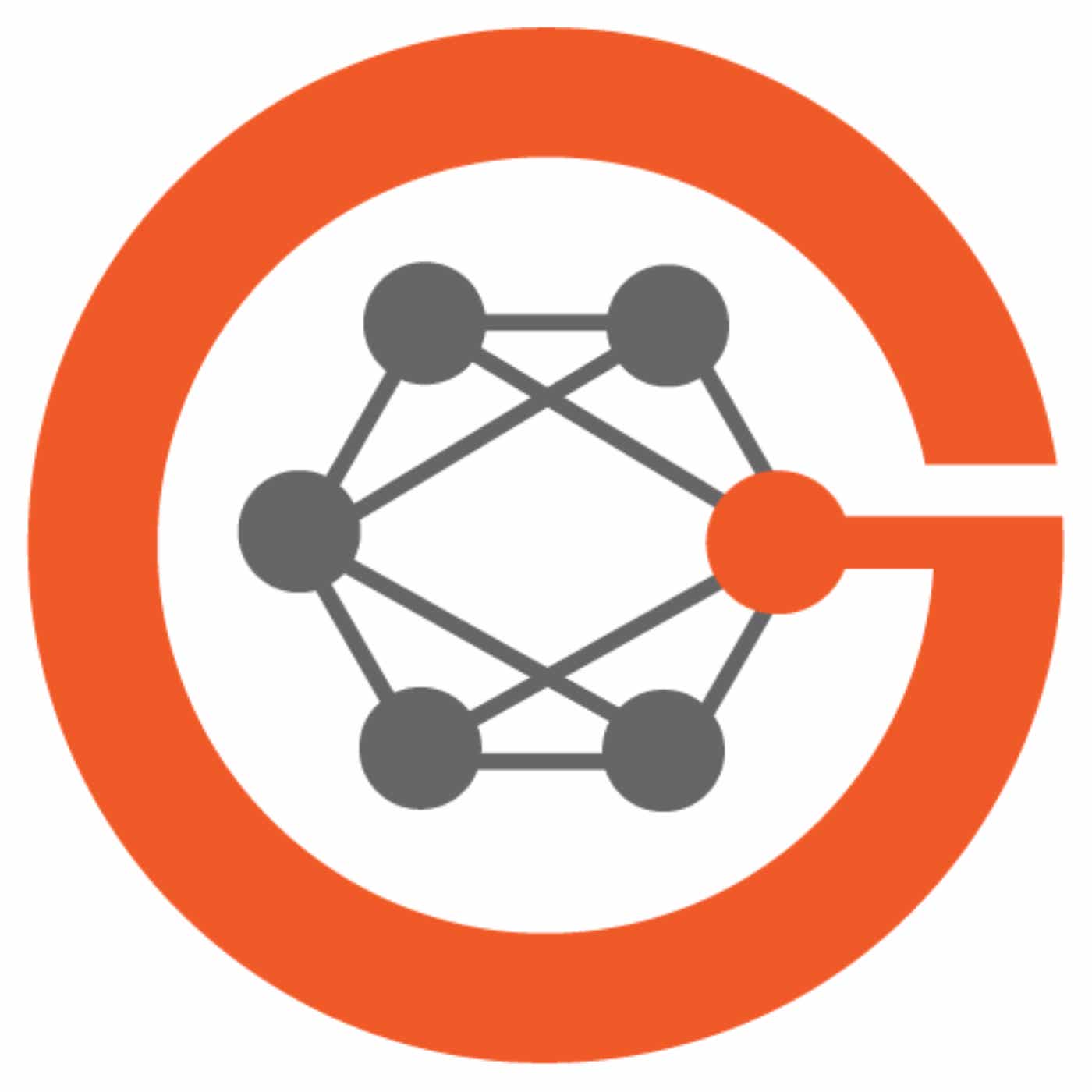On Genome Editing With Fyodor Urnov, A Pioneer
Description
Recorded 11 October 2023
Beyond being a brilliant scientist, Fyodor is an extraordinary communicator as you will hear/see with his automotive metaphors to explain genome editing and gene therapy. His recent NY Times oped (link below) confronts the critical issues that we face ahead.
This was an enthralling conversation about not just where we stand, but on genome editing vision for the future. I hope you enjoy it as much as I did.
Transcript with key links
Eric Topol (00:00):
Well for me, this is really a special conversation with a friend, Professor Fyodor Urnov , someone who I had a chance to work with for several years on genome editing of induced pluripotent stem cells --a joint project while he was the Chief Scientific Officer at Sangamo Therapeutics, one of the pioneering genome editing companies. Before I get into it, I just want to mention a couple of things. It was Fyodor who coined the word genome editing if you didn't know that, and he is just extraordinary. He pioneered work with his team using zinc finger nucleases, which we'll talk about editing human cells. And his background is he grew up in Moscow. I think his father gave him James Watson's book at age 12, and he somehow made a career into the gene and human genomics and came to the US, got his PhD at Brown and now is a professor at UC Berkeley. So welcome Fyodor.
Fyodor Urnov (01:07):
What an absolute treat to be here and speak with you.
Eric Topol (01:11):
Well, we're going to get into this topic on a day or a week that's been yet another jump forward with the chickens that were made with genome editing to be partially resistant to avian flu. That was yesterday. Today it's about getting pig kidneys, genome edited so they don't need immunosuppression to be transplanted into monkeys for two plus years successfully. And this is just never ending, extraordinary stuff. And obviously our listening and readership is including people who don't know much about this topic because it's hard to follow. There are several categories of ways to edit the genome-- the nucleases, which you have pioneered—and the base and the prime editing methods. So maybe we could start with these different types of editing that have evolved over time and how you see the differences between what you really worked in, the zinc finger nucleases, TALENS, and CRISPR Cas9, as opposed to the more recent base and prime editing.
Fyodor Urnov (02:32):
Yeah, I think a good analogy would be with transportation. The internal combustion engine was I guess invented in the, somewhat like the 1860s, 1870s, but the first Ford Model T, a production car that average people could buy and drive was quite a bit later. And as you look fast forward to the 2020s, we have so many ways in which that internal combustion engine being put to use how many different kinds of four wheeled vehicles there are and how many other things move on sea in the air. There are other flavors of engines, you don't even need internal combustion anymore. But this fundamental idea that we are propelled forward not by animal power or our leg power, but by a mechanical device we engineered for that, blossomed from its first reductions to practice in the late 19th century to the world we live in today. The dream of changing human DNA on demand is actually quite an old one.
(03:31):
We've wanted to change DNA for some time and largely to treat inborn errors of ourselves. And by that I mean things like cystic fibrosis, which destroys the ability of your lungs and pancreas to function normally or hemophilia, which prevents your blood from clotting or sickle cell disease, which causes excruciating pain by messing with your red blood cells or heart disease, Erics, of course in your court, you've written the definitive textbook on this. Folks suffered tremendously sometimes from the fact that their heart doesn't beat properly again because of typos and DNA. So genome editing was named because the dream was we'd get word processor like contr
More Episodes
“We haven't invested this much money into an infrastructure like this really until you go back to the pyramids”
Transcript with links to audio and external links. Ground Truths podcasts are on Apple and Spotify. The video interviews are on YouTube
Eric Topol (00:06):
Well, hello, this is Eric...
Published 05/12/24
If there’s one person you’d want to talk to about immunology, the immune system and Covid, holes in our knowledge base about the complex immune system, and where the field is headed, it would be Professor Iwasaki. And add to that the topic of Women in Science. Here’s our wide-ranging...
Published 05/04/24
Published 05/04/24


